The CMP Review — Week of November 18
November 18, 2024
“Many of us begin our first acquaintance with Giotto in Florence, with his beautiful Campanile—the ‘Lily of Florence,’ … although the Campanile was the last great work he undertook and he died before it was finished. His design was altered by the builders, and the spire never added. But no one can come suddenly upon that graceful towering piece of quivering marble without feeling the shock of its beauty. The first time I saw it was in the winter. The sky was brilliantly blue, the winding street cold and dark. All I knew was that round the next bend I should see Giotto’s tower. The bend came, and I stood still. Forgotten were the slushy street, the bitter wind, the weight of my bag and the grumbles of my companion.
“‘A swaying lily,’ I thought, and it was some moments before I could be induced to move on and come near. That first pilgrimage round the outside of what must surely be the most lovely collection of buildings in Italy is an unforgettable experience. The glowing pink and cream of the marble, the brilliant green and grey of the gates, the facade, the loggia, the Duomo, and the Campanile itself—often I mentally walk round them all, and hear the jangle of the trams and the jumble of all the other noises that surge around and yet seem to make their eternal calm more silent still. Silence and noise…
“When you go to Florence, walk round and round this tower. Think about the difference between the grey stone of these sculptures and the marble setting. Think about their simplicity. What a work of genius to put these almost rough figures in this smooth setting, at the base of this slender column that calls the Florentine to prayer! ‘All the works of the Lord praise the Lord,’ and here they are, offering their silent testimony to His goodness beneath the pealing bells.”
— E. C. Allen, PR49, “Giotto”
@tessakeath
November 19, 2024
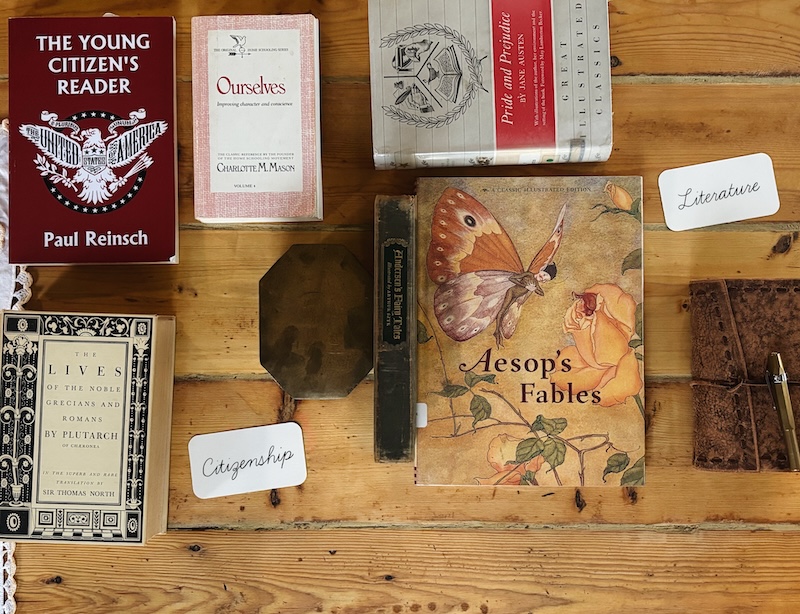
What is beauty? Is it in the eye of the beholder?
It’s no new question. In 1926, speaking of music, Cedric Glover wrote, “our greatest difficulty in forming the taste of democracy is the old difficulty of showing why one thing is better than another… It is so easy for people to turn round and reply … ‘I don’t know anything about music, but I know what I like.’”
To explore this difficulty, four representatives of Charlotte Mason’s philosophy were invited to speak at the Conference of Educational Associations. They were to discuss the question of beauty and aesthetic taste in the arenas of nature, music, art, and literature.
The choice for the speaker on literature was a surprising one. Miss Moore was neither a House of Education graduate nor a teacher at a sophisticated institution. Rather, she was the headmistress of an elementary school in one of the poorest districts in London.
The choice was surprising, but powerful. Yes, there is such a thing as beauty. And every citizen, every child, every person has the gift to behold it. Read or hear Moore’s inspiring 1926 lecture here.
@artmiddlekauff
November 20, 2024
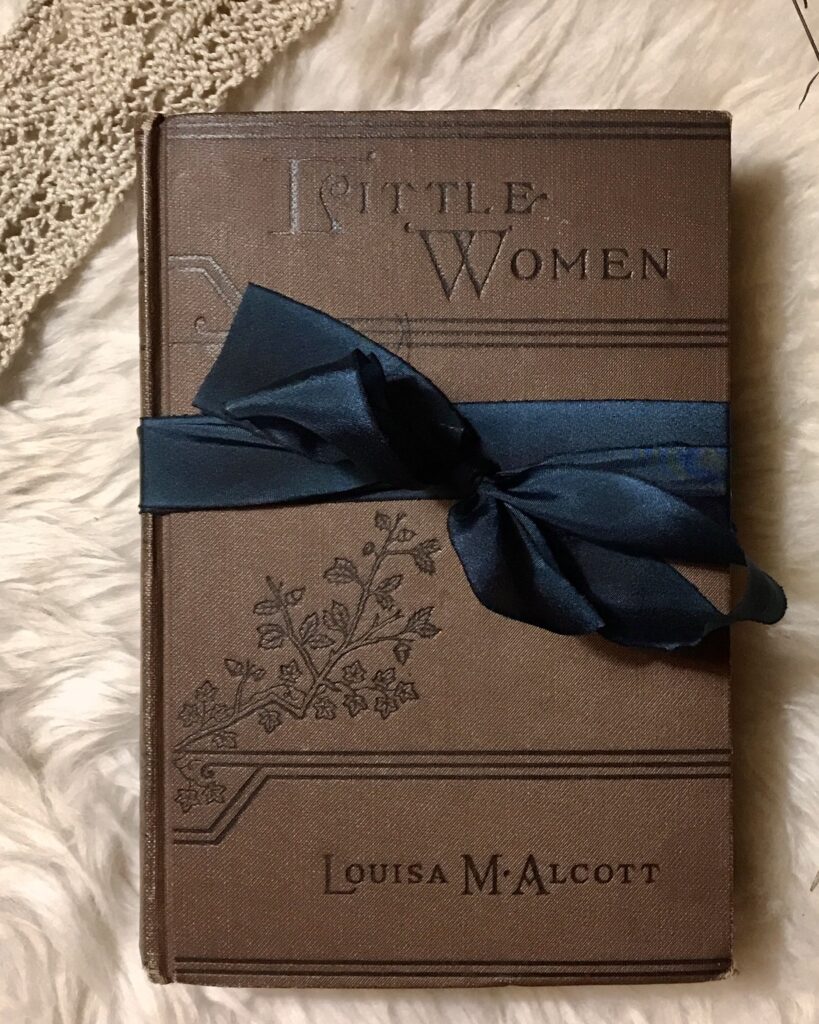
What books are you giving or hope to receive this holiday season?
As for me, everything will be vintage.
@rbaburina
November 21, 2024
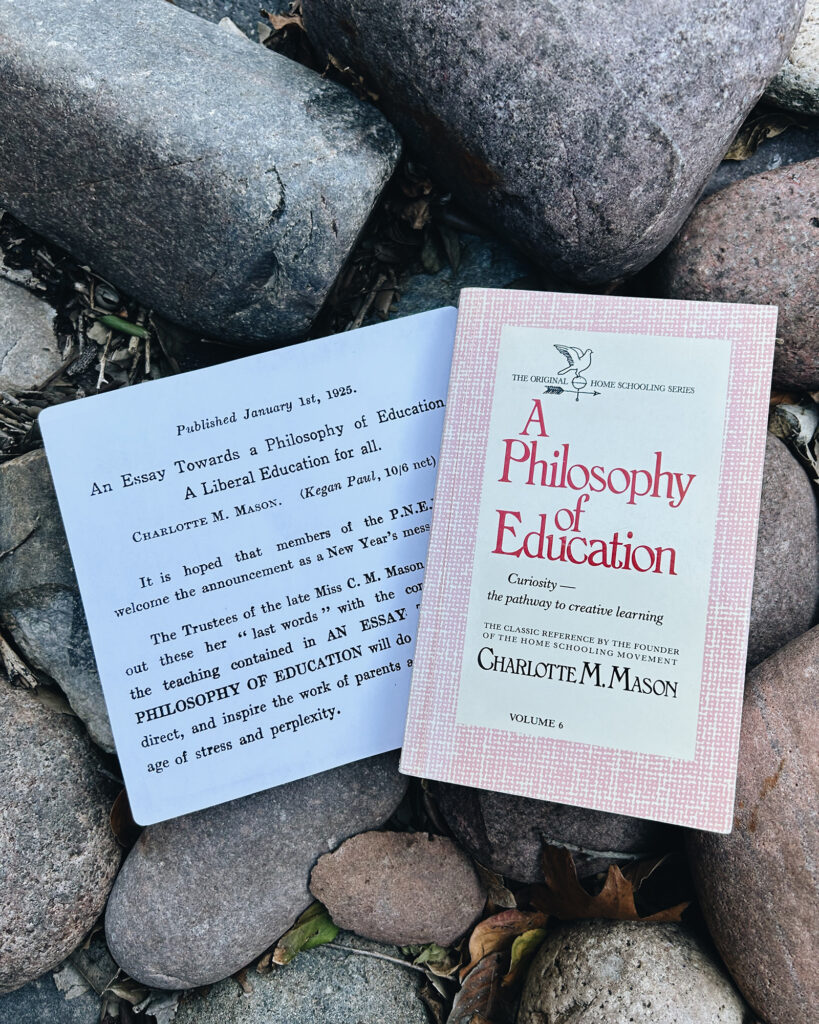
Over the years I’ve collected as much information as I can find about Charlotte Mason’s sixth volume, An Essay Towards a Philosophy of Education. In many respects this book is quite different from the other five volumes:
(1) It was not published during Mason’s lifetime.
(2) It was not (originally) part of the Home Education Series.
(3) It did not (originally) include all the content Mason had planned for it.
But over time I have come to see that these differences are superficial. The striking thing about Mason’s final volume is not that it is different from the other five volumes but rather that it is so similar. The consistency of Mason’s philosophy from the 1886 edition of Home Education to the 1925 edition of An Essay Towards a Philosophy of Education is nothing short of remarkable.
I have enjoyed collecting snippets about how the PNEU welcomed this final volume. It was generally received as a summary of her life work, never as a departure from it. Our team has transcribed two very early notices from the Parents’ Review which first announce this new publication. Perhaps you will find them as interesting as I do. You can check them out here.
@artmiddlekauff
November 22, 2024
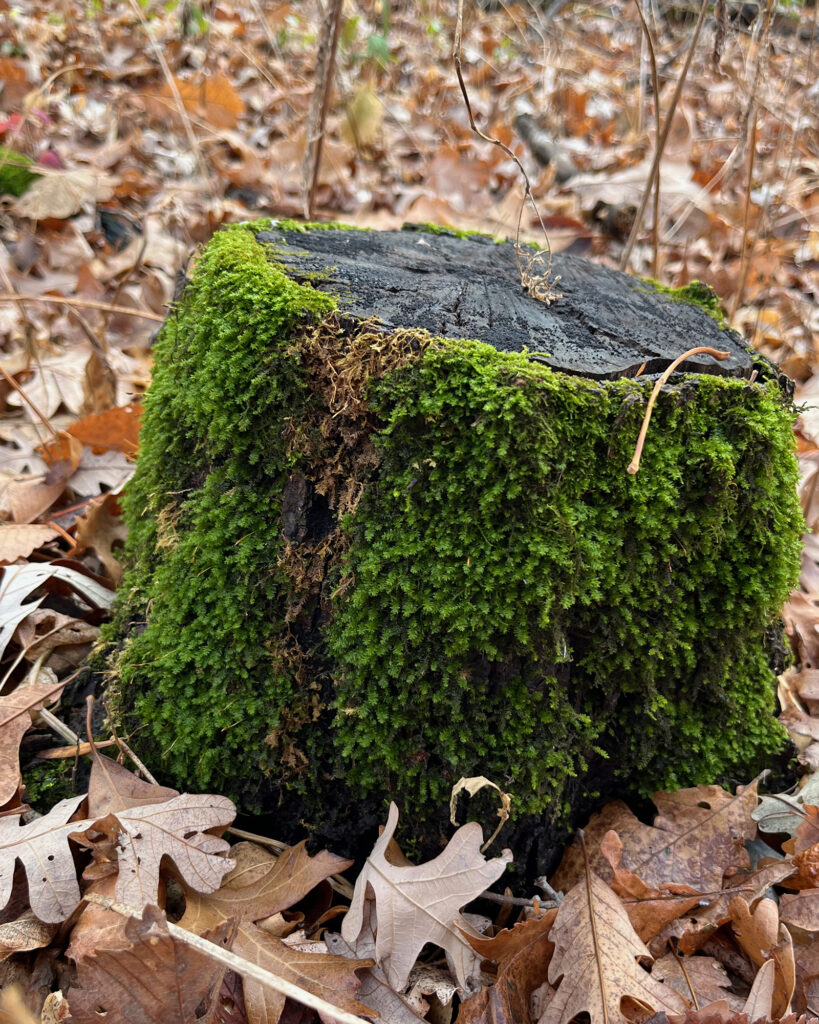
I never, ever tire of looking closely at moss.
It’s a constant companion and faithful friend to me, in all of its various shapes and forms.
Do you have any book recommendations to share about moss, so we can look even more closely at this amazing part of nature?
@antonella.f.greco
November 23, 2024
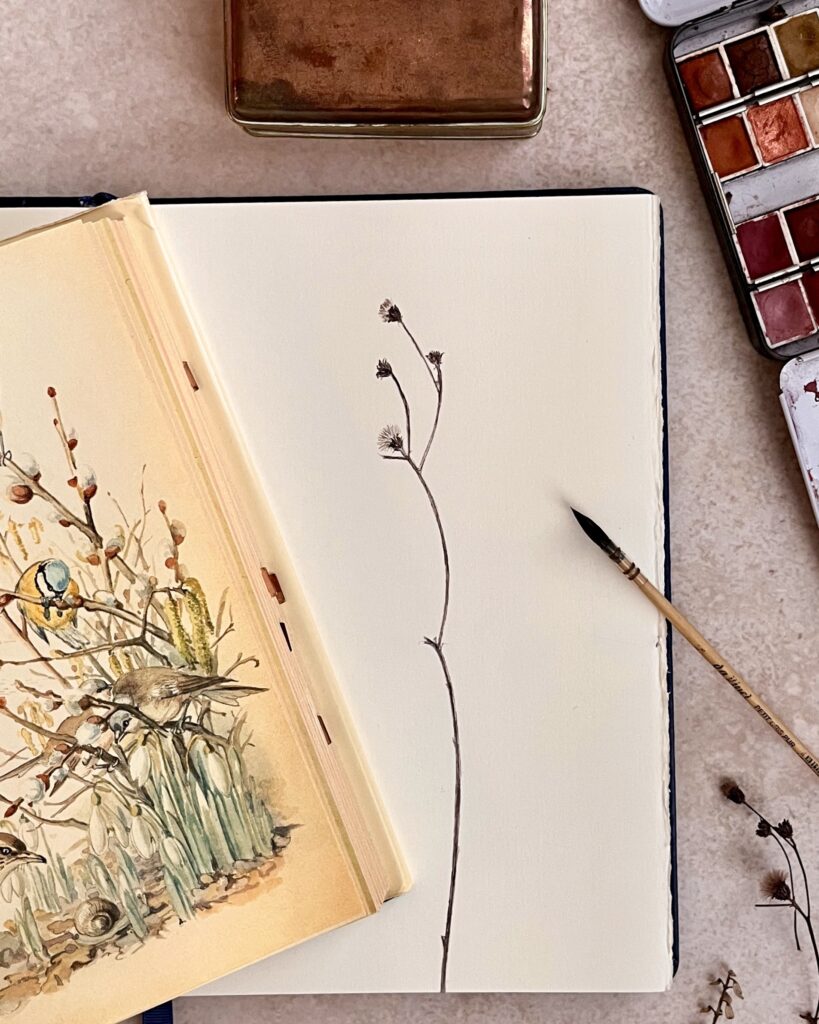
Nature gifts us with a quiet beauty in late fall and winter. The structural elements of weeds and wildflowers beg to be captured in our nature journals.
@rbaburina
November 24, 2024
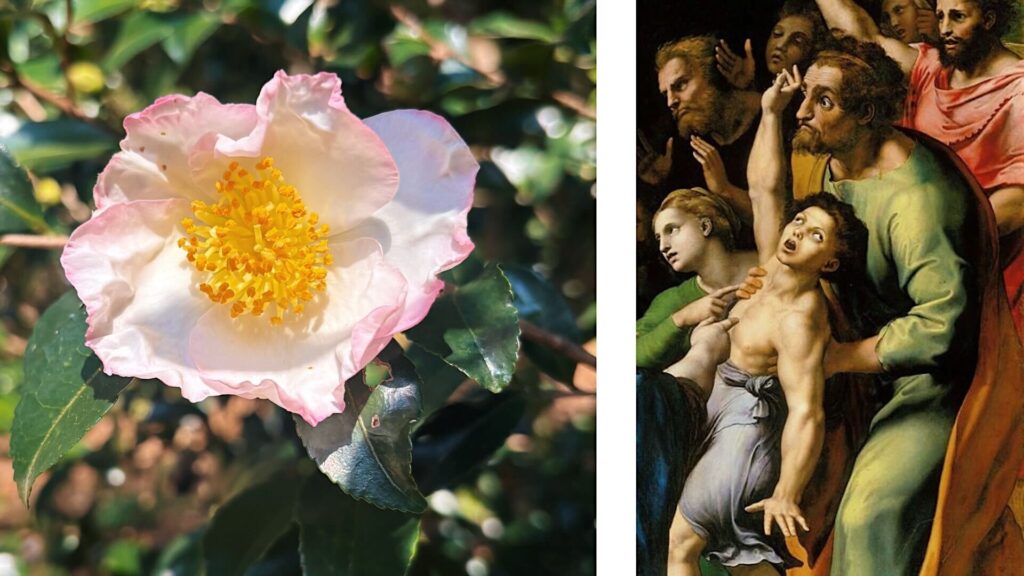
In her detailed account of the formation of habit in Home Education, Charlotte Mason warns of “The Dangerous Stage” (pp. 124–125). Just when it appears that a habit has been formed, the “critical moment” arrives. Sadly, that is when the mother relaxes her vigilance. The consequence is complete: “the mother’s mis-timed easiness has lost for her every foot of the ground she had gained.”
Ralph Earle finds in Matthew 12:43–45 a similar lesson about habit formation. He writes: “The warning for individuals is that reformation is not enough. One must not only cast off bad habits, but allow his heart to be filled with Jesus Christ and his life with worthwhile activity. Otherwise he will find himself a victim to worse habits than before. No heart can long stay empty. One’s only safety lies in keeping both heart and life filled with the good, that there may be no room for the bad.”
In that Gospel passage, Jesus warns: “When an unclean spirit goes out of a man, he goes through dry places, seeking rest, and finds none. Then he says, ‘I will return to my house from which I came.’” Norval Geldenhuys comments, “Even purely psychological considerations render it imperative that, when a person has passed through a crisis which has contributed to his renunciation of former sins and evil practices in his life, he must immediately in place thereof let his life be filled with what is beautiful and noble, otherwise the old sins and evils will return in renewed violence.… There cannot be a vacuum in man’s soul.”
Charlotte Mason’s poetic reflection on this important passage brings out the sober truth. One can be “made clean by Christ,” yet be “unplenished of His grace,” she warns. Read or hear the whole poem here.
@artmiddlekauff